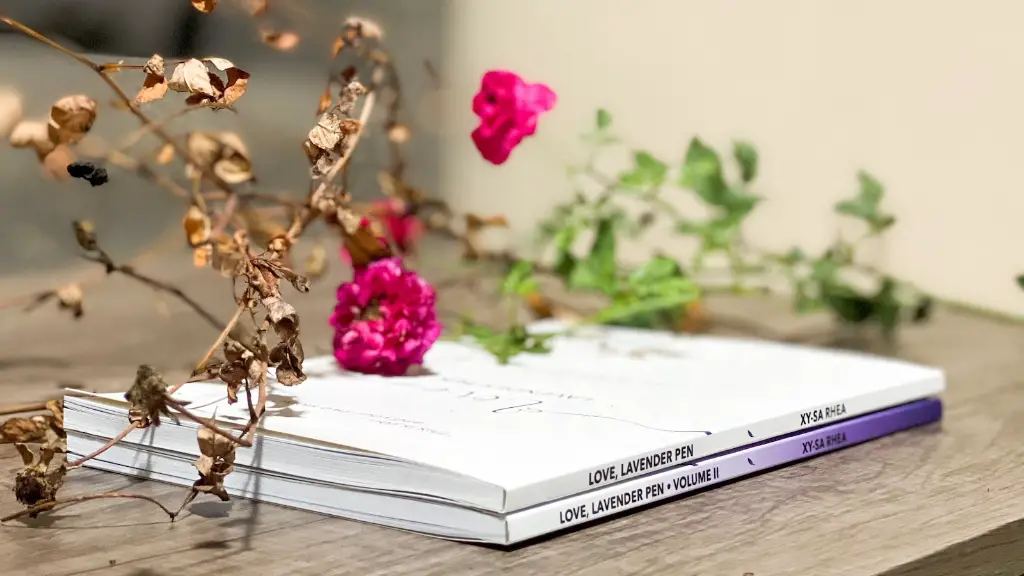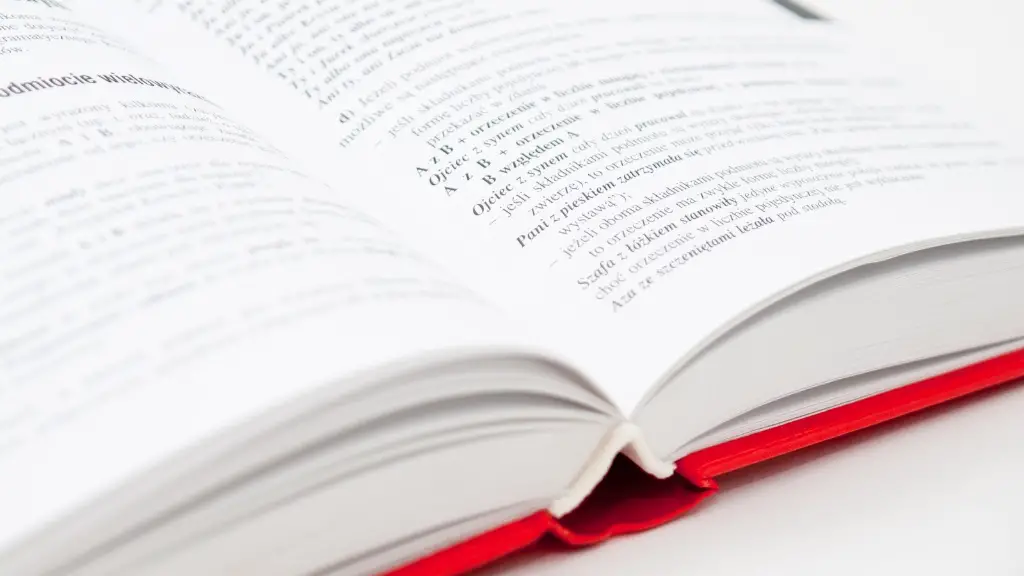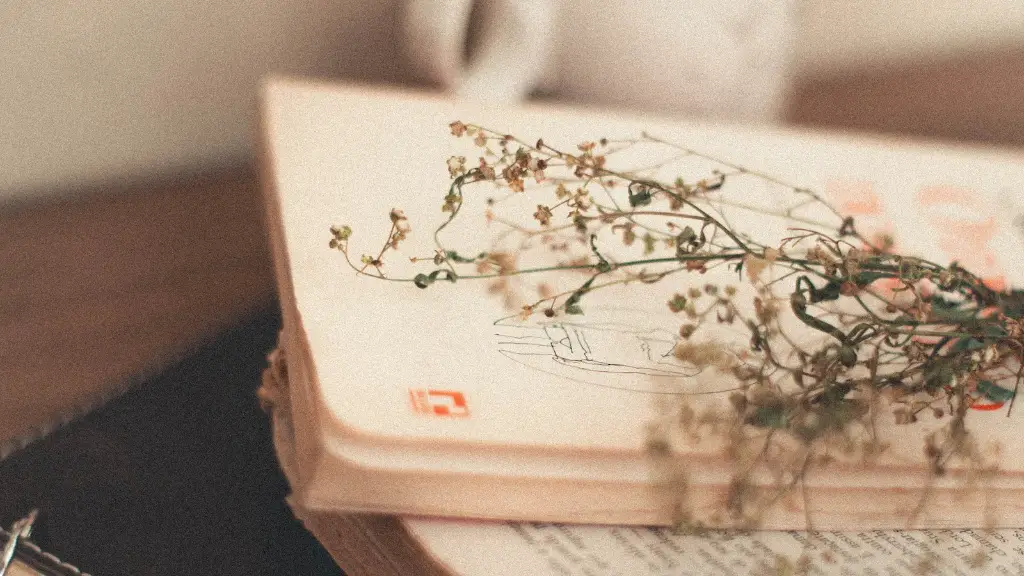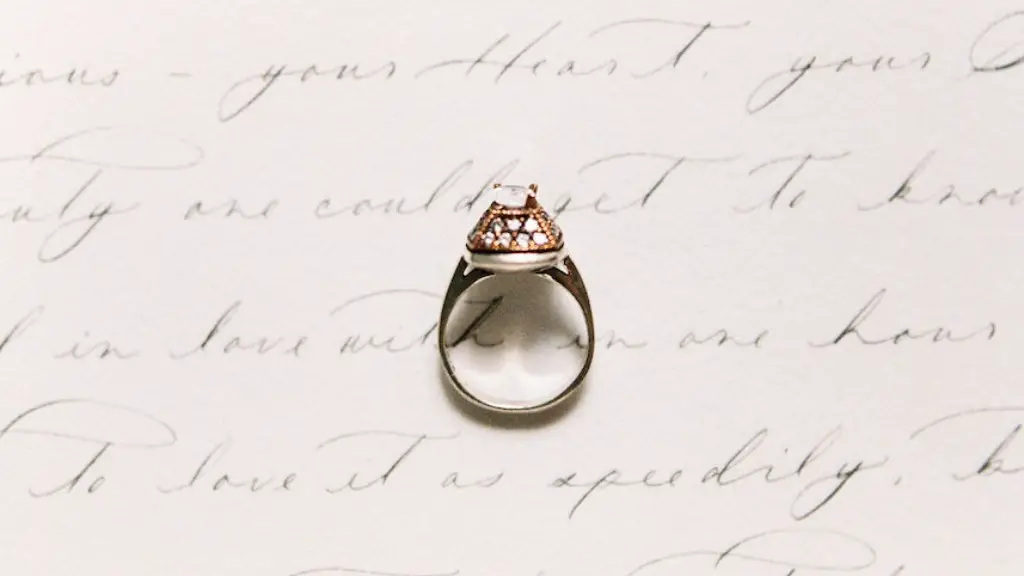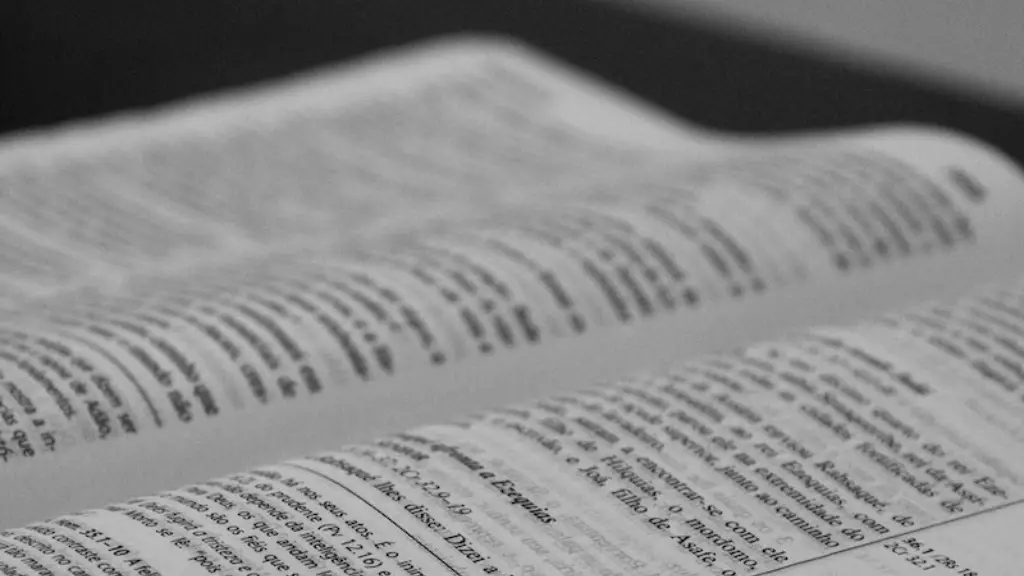The origins of poetry can be traced back to thousands of years ago. Experts believe that poetry first developed in Mesopotamia in around 2400 to 2000 BC. This ancient region is now roughly where Iraq, Turkey, Syria, and Iran are located. These countries were advanced for their time and had significant contributions to art and language. As a result, poetry was one of the earliest forms of expression. From then on, every culture developed its own traditions and there are currently thousands of different types of poetry in the world.
The ancient Babylonian and Sumerian poems were written in their respective languages and mostly revolved around gods and goddesses. They were often recited or chanted, and served to worship these deities. Later on, the Greeks continued to use them as a form of entertainment, with drinking songs and other works being used as storytelling tools during social gatherings. Both the Epic of Gilgamesh and the Iliad are considered two of the most important works in Western literature, and they date back to around 700 and 800 BC respectively.
By the time of the Roman Empire, poetry had developed into a professional art form. Scholars wrote in both Latin and Greek, and various famous works were composed, such as those by Virgil, Horace, and Ovid. Poetry during this time did not carry the same spiritual weight it held in the Mesopotamian tradition, but it was still seen as an important tool for expressing emotion and ideas. It was mostly used for public display, and competitive events such as the Roman Games were held in order to celebrate the works of poets.
In the Middle Ages, poetry was used as a means of cultural expression, especially amongst the upper classes. This included works from the French troubadours and courtly love poets of the time. Religious works were also written, in both the Latin and vernacular languages. These often used rhyme and meter to craft stories about saints and other religious figures.
The Renaissance saw a revival of poetry as a form of religious expression, with numerous poets such as Dante, Petrarch, and Boccaccio producing famous works. This period also saw the development of the sonnet, which was a type of poetic form that was used as a means of self-expression amongst aristocrats. The use of rhyme, meter, and complicated imagery came to be expected in poetry during this time period.
From the 18th century onwards, poetry has been seen more as a means of creative and personal expression. This period saw the development of various styles such as romanticism and the sonnet revival. Whereas classical works were mainly written in Latin, modern works were often written in the vernacular language and had a more personal vibe. Poetry during this time has also been used to express political ideas, with notable works such as William Blake’s “Songs of Innocence and of Experience”.
Since then, poetry has continued to evolve and the modern era has seen many innovative techniques such as free verse and slam poetry. Whether it is used to express personal feelings or to tell stories, poetry has been part of human culture for thousands of years and is likely to remain as a form of expression in the future.
Methodology
Much of the research into the history of poetry is based on literary sources, such as historical documents and manuscripts. Linguists and researchers also study ancient languages to better understand the texts and gain a better insight into the poetry that has been written over time. Archaeological finds also provide valuable information about poetry, as many ancient works were inscribed on stone tablets or other materials that have managed to survive over time.
The study of poetry has also been greatly aided by the emergence of technology. This has allowed researchers to easily access texts from around the world and to study the various styles, techniques, and conventions that have been used over the centuries. In addition, technology has given poets access to new ways of expressing themselves, with digital platforms providing opportunities to share their work with a much wider audience.
Analysis
It is clear that poetry has been a major part of human culture since the earliest times. Various different cultures have developed their own styles and conventions, which have become more intricate over time. In the modern era, poetry has been embraced as a form of personal and creative expression. The emergence of technology has allowed poets to share their works with a much wider audience, and this has enabled them to reach new audiences and to express their ideas on a global scale.
What is also apparent is the role of society in shaping how poetry is used and appreciated. In the earliest cultures, it was often used as a means of worshipping gods and goddesses. In later eras, it was used to express political ideas or as a form of aristocratic entertainment. In modern times, it serves as means of self-expression, as well as a tool to share knowledge and stories.
The impact of poetry on our lives can also be seen in its various literary forms. From song lyrics to nursery rhymes, its influence can be seen in various aspects of our culture. It has also been used extensively in education, with poems and lyrics being used to teach children language and vocabulary. Its role in society and in our lives is a testament to its long history and its enduring legacy.
Impact of Poetry
Throughout history, poetry has provided people with an outlet for self-expression and for exploring their emotions. It is through poems that people have been able to share their stories, their hopes, and their dreams. In addition, poetry has been used to promote social change and political reform, with numerous poets becoming advocates for their respective causes. It has also been used extensively in literature, and its influence can be seen in works such as William Shakespeare’s plays and many other classics of the Western canon.
The impact of poetry can also be seen in its effects on mental health. Studies have shown that writing and reading poetry can reduce stress, improve mood, and even help people to process trauma. By connecting to feelings and emotions, poetry can be a powerful tool in helping people to understand their own experiences, and to find solace in their struggles.
In terms of art, poetry has always been closely linked to music. Many songs and musical pieces have been written using poetic verse as the lyrics, thus combining the beauty of poetry with the emotional power of music. This is especially true in classical music, where composers such as Mozart and Beethoven have set various famous poems to music. In addition, rap is often held up as an offshoot of poetry, with its use of meter, rhyme, and storytelling elements.
Contemporary Poetry
Today, poetry continues to play an important role in both literature and art. Various contemporary poets are pushing the boundaries of the form and exploring new themes and styles. These include poets such as Neruda, Dickinson, and Paz, each of whom has made significant contributions to contemporary poetry. Social media also provides poets with a platform to share their work with a much wider audience, thus enabling them to reach people who would not have otherwise been exposed to their works.
In addition, there is a growing trend of using poetry to teach children. In the US, there have been various initiatives to introduce poetry into schools, such as the Poetry in Motion program. This program uses poetry to promote literacy and education, as well as to encourage creative expression. It is hoped that these initiatives will help to make poetry more accessible and more widely appreciated.
The future of poetry looks bright. There are numerous up-and-coming poets, both established and emerging, who are pushing the boundaries and creating innovative works that challenge existing standards. It is clear that poetry has played an important role in human culture for thousands of years, and its influence can still be felt today. As a form of expression and communication, it has the potential to affect lasting social change and to reach audiences from all corners of the world.
Influence on Society
The impact of poetry on society can be seen in its various applications. It has been used in education, in literature, in art, and in music. It has served to inspire people and to provide an outlet for emotion and self-expression. It has been used to promote social change, and to share stories and ideas. Indeed, its influence is evident in many aspects of our culture, and its legacy will continue to be felt.
In addition, the evolution of poetry can help us to better understand our society and ourselves. By studying the works of different poets, we can gain insight into how language and culture has changed over time, and how our society has interacted with different forms of art. Furthermore, we can learn about the ideas and emotions that poets have expressed over the centuries, and how these can be relevant to our own lives.
In conclusion, it is clear that poetry has had a significant influence on our culture and our lives. From its earliest beginnings to its various applications today, it has been used as a means of communication and of creative expression. Its power as a tool of self-expression and education should not be underestimated, and its impact will likely be felt for many years to come.
